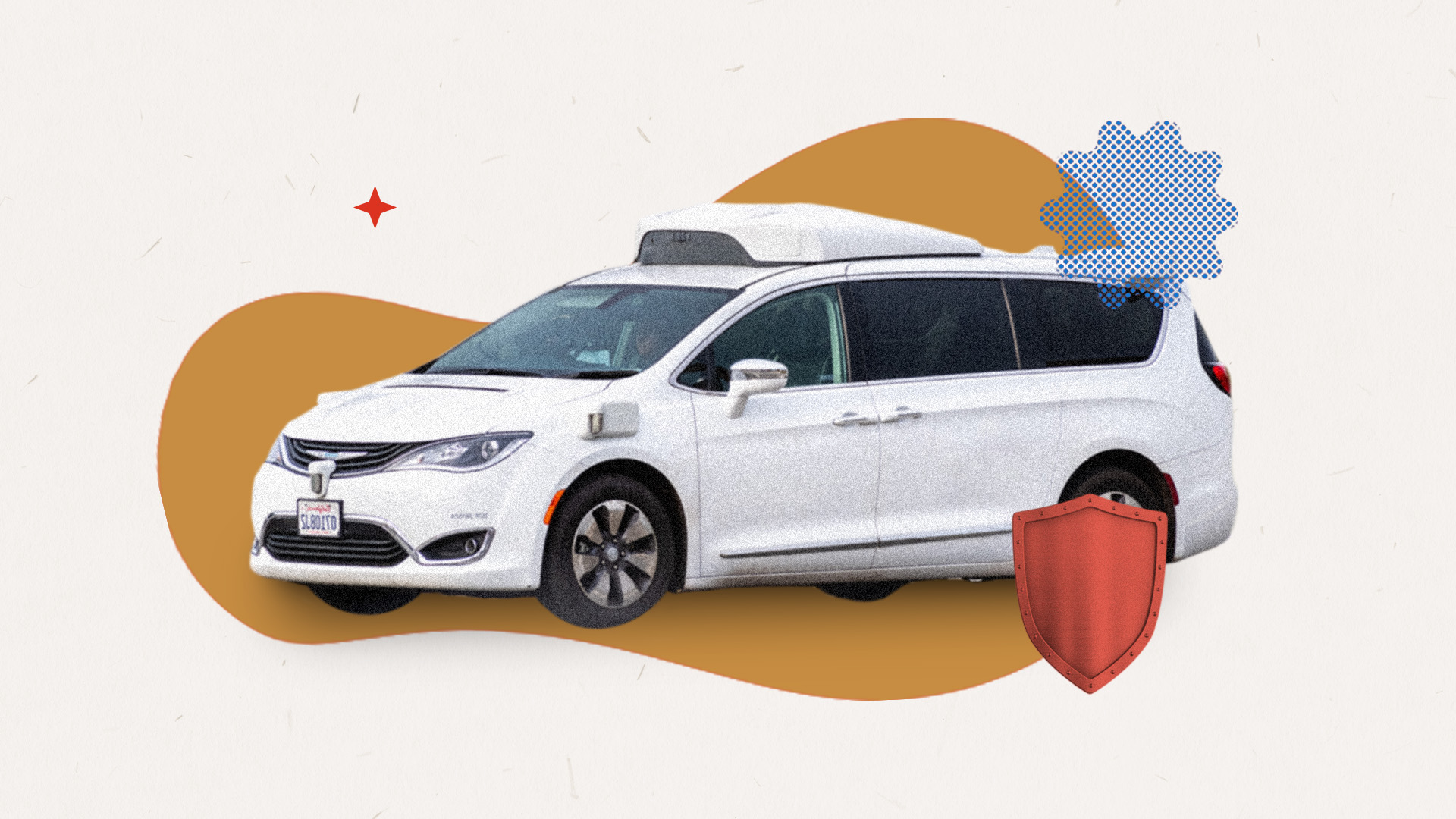
The auto industry has become a powerful testing ground for the blockchain. Deloitte found that 42% of executives in the consumer products and manufacturing sector – which includes automobile makers – plan to invest $5 million or more in 2022 on the blockchain. Why? Many of the processes required to build products can be digitized through blockchain technology. Auto manufacturing requires a complex set of moving parts, all coming together in the final vehicle, and the companies that utilize blockchain technology may ultimately have a competitive advantage.
The auto industry has tested this in areas such as autonomous driving, helping owners unlock cars and reducing insurance liability. But the blockchain also provides auto makers with a powerful weapon in ensuring their products and materials come from ethically sourced means and achieve sustainability goals that manufacturers set. For instance, environmental, social and governance (ESG) has become a big driver in investing, with $121 billion heading towards ESG aims during 2021 – up from $51 billion in 2020.
What is the blockchain?
The blockchain is a decentralized ledger that operates on many different computers instead of one server. It holds every transaction and movement of items tracked on the blockchain. While it's most known for the development of cryptocurrencies, blockchain can provide similar detailed tracking and protections of items in other cases, too.
Since the blockchain is a decentralized ledger, companies can track where items come from, where they’re going, and every individual and company that had hands on a part. The decentralization also aids security —, so it can’t be tampered with or fraudulently changed, giving companies a powerful tool to prove the provenance of their materials.
Automakers are still in the early testing phase of the blockchain. How they have started to incorporate it to source materials will give some important insight and potential for initiatives to come. These early projects have only begun to unwrap some of the future uses. Here are three ways that companies have already thought to try out the technology while also ensuring their materials hold up to social concerns.
Knowing your supplier across the globe
About two-thirds of the world’s cobalt supply comes through the Democratic Republic of the Congo. One-fifth of Congo’s supply, however, comes from unregulated, boutique mines, which can potentially include the use of child labor.
For auto makers, ensuring the cobalt they receive doesn’t come from such mines can create a compliance headache. It takes resources, people, and money for companies to ensure that they don’t have products that were sourced using unethical labor practices. Backlash against a company that sourced products from such resources can lead to a dramatic decline in revenues, along with a public relations nightmare. Plus, an important factor in ESG is ensuring that proper labor practices are followed in the production of a company’s products.
BMW has launched a test of the blockchain for protecting its supply of cobalt against the wrong suppliers. Working with a third-party blockchain company, it’s trying to ensure that any cobalt miners it buys from operate with ethical labor practices. The boutique mines will also be able to prove they don’t use such labor practices, resulting in more business. It’s all tracked on the blockchain’s network.
The system tracks the cobalt, so BMW can know if it’s coming from Australia, Canada, or regulated production within the Congo. This gives BMW the potential peace of mind and trust that they have clean cobalt within their production line. When it’s fully operational, BMW claims, it will also cut compliance costs and increase trust in the cobalt miners.
Keeping all materials on the up-and-up
Cobalt is only one material for which manufacturers must ensure they have proper oversight in place. That’s why IBM and supply chain manager RCS Global developed the Responsible Sourcing Blockchain Network. This allows auto manufacturers to source minerals, such as lithium, nickel, copper, tin, gold, and others. Car makers use these in a variety of areas, such as batteries or the computer chips for displays.
This technology ensures the mines that materials come from have also had third-party audits and adhere to the industry’s standards. The miners doing things right also benefit, as they gain trust – and therefore more business. They stand out amongst their peers.
Getting the right parts
Counterfeiting parts in auto manufacturing has long been a problem. It drains consumers and dealers alike, with the cost to the industry rising into the billions of dollars each year. But it can also cause significant concerns for the auto maker. Imagine if a company buys parts from an organization that says they provide the safety requirements needed to sell in the U.S. The parts, however, are counterfeited and have not gone through the proper tests or requirements for approval to use in the country. If issues arise, the auto maker can be on the hook for damages – not to mention putting the safety of the customer at risk.
How can this issue be solved? Hyundai has turned to the blockchain to begin to see if it can stop counterfeits before it gets into the vehicles. Through a system called MAPS, or Most Advanced Parts System, Hyundai has linked some 16,000 dealers in over 200 countries. When the organizations receive parts, they can scan them to see where they originated from and if they pass the safety standards of the local area. This can ensure that mechanics don’t incorporate any faulty or unapproved parts into user’s cars.
Such designs can go beyond ESG or safe supply chain practices, providing customers with the assurances that parts used in their car weren’t stolen or not up to current safety standards. The use of the blockchain can go even further, allowing organizations to digitize the entire supply and sales process on one network. Having this design in one location across the business allows organizations to better understand the tools and processes that provide value to the company, while giving them the ability to shift systems that don't work. It's value that can go beyond the supply chain.
With such insight, the future of the blockchain could very well go from one in the testing phase to one that’s ingrained in the very fabric of the auto industry’s processes.



